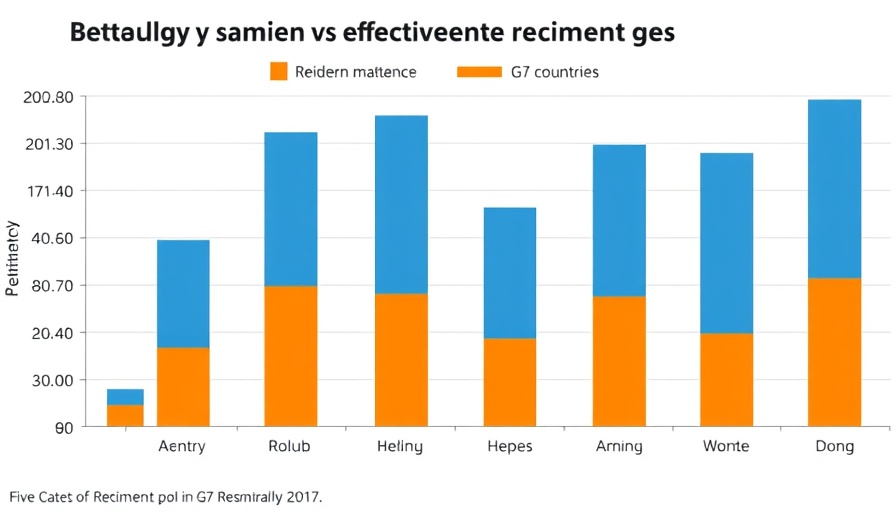
Understanding the Hesitations Surrounding AI Agents in the Workplace
As businesses increasingly adopt AI agents, the dialogue around their potential and limitations intensifies. Leaders in human resources (HR) are pivotal, tasked with determining the optimal path for these technologies. However, a recent survey by Boston Consulting Group sheds light on a concerning trend: only a meager 13% of employees believe AI agents are integral to their daily tasks, and only a fraction—about one-third—truly grasp their functionalities.
Shedding Light on the Disconnect
Despite overwhelming optimism about the transformative power of AI from experts like Josh Bersin, organizations find themselves in a stagnant cycle of testing and piloting without achieving widespread adoption. This discrepancy poses critical questions for chief talent officers and operational leaders committed to maximizing performance and productivity yet facing significant barriers to effective AI integration.
Three Major Concerns HR Leaders Must Address
Job Security Anxiety: One of the primary concerns highlighted in the BCG survey is the fear of job displacement due to AI agents. Employees express trepidation about how these technologies might alter their roles.
Preparedness Lack: With only 5% of HR workflows ready for AI implementation, the urgent need for leadership support in training initiatives becomes clear. Without substantial investment in upskilling and reskilling, companies might struggle to harness the full potential of AI.
Measuring Impact: To overcome hurdles, HR leaders need to focus on measuring the impact of AI on productivity, quality, and employee satisfaction, enabling them to fine-tune their strategies accordingly.
Future-Proofing Your Workforce Strategy
As organizations navigate the roadblocks posed by AI integration, it's crucial for leaders to remain vigilant about employee sentiment and operational readiness. The future of work hinges on empowering high-performing teams, and thoughtful engagement with AI can yield significant benefits when approached with proper foresight.
In conclusion, HR leaders must confront these concerns head-on—addressing fears, enhancing readiness, and establishing clear metrics for success. The challenge is daunting yet achievable, and those who proactively embrace AI will likely emerge as leaders in the new era of workforce management.
 Add Row
Add Row  Add
Add 




Write A Comment